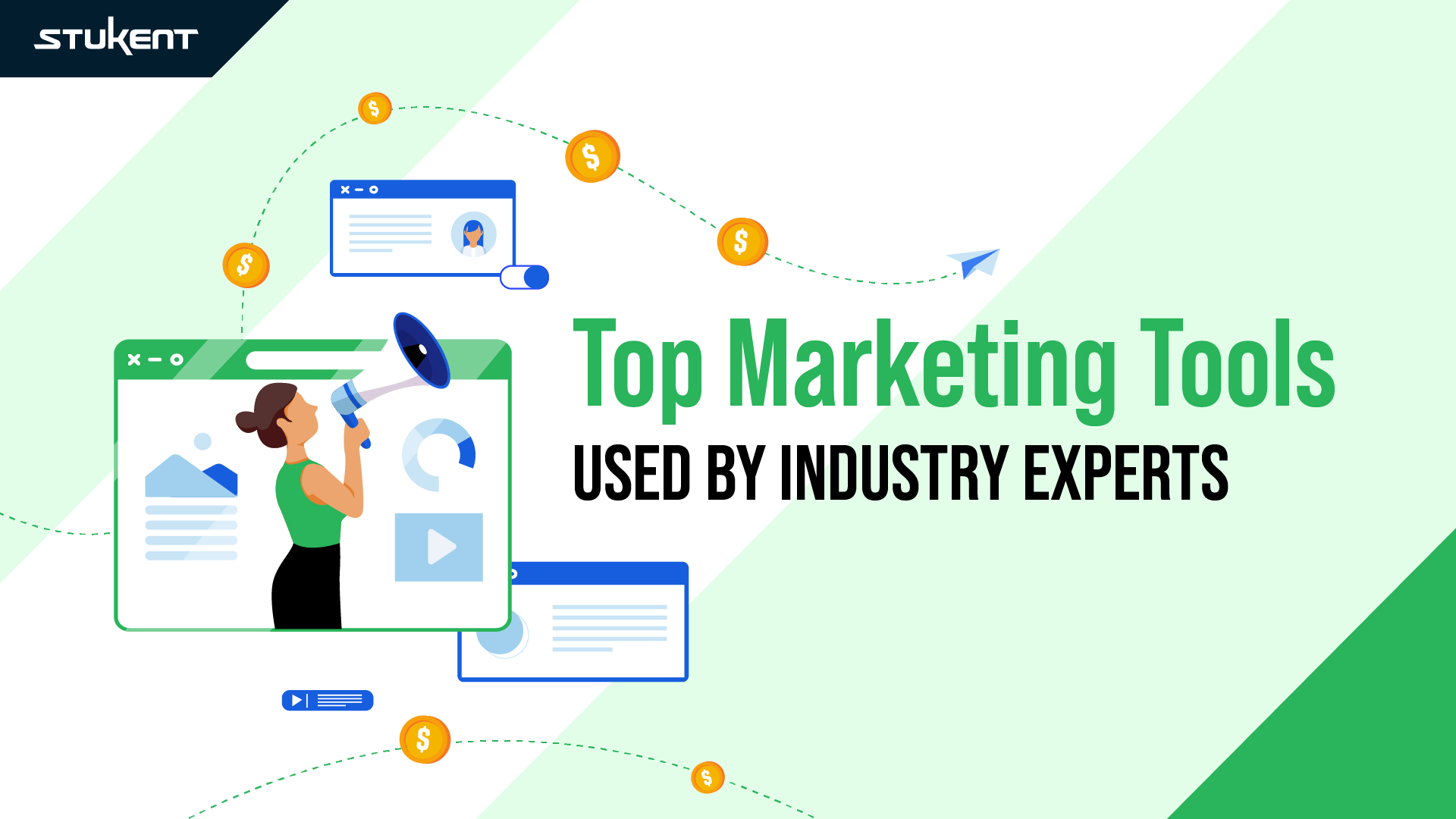Marketing professionals rely on powerful tools to streamline their workflows, enhance strategies, and drive exceptional results. Below, we have compiled 15 of the most impactful tools, accompanied by direct insights from marketing professionals on how they use these platforms in their roles.
1. HubSpot
HubSpot is an all-in-one marketing platform offering CRM, email marketing, content management, and analytics tools. Greta Maiocchi, Head of Marketing & Recruitment at OPIT, said: “We’ve leveraged HubSpot to manage our entire marketing funnel, from lead generation to nurturing and conversion. Its robust email marketing features have been particularly valuable as we’ve expanded into new markets across Europe and the U.S. We’ve seen a 35% increase in email engagement rates since implementing HubSpot’s personalization and segmentation capabilities.”
2. Canva
Canva empowers marketers to easily create stunning visuals. Steele Walster, Digital Marketing Director at Yikes Marketing, said: “Canva is a fantastic tool for creating visually appealing graphics and social media posts. Its user-friendly interface and vast library of templates make it easy to design professional-looking content, even if you’re not a graphic designer. We use this for almost all of our social media posts and more, and find it much easier than other design tools.”
3. Google Analytics
Google Analytics remains a cornerstone for tracking website performance. Sarah Mitchell, Marketing Director at Relyir, said: “Google Analytics is essential for tracking website traffic and understanding user behavior, providing valuable insights into what content is performing well and where there’s room for improvement.”
4. Hootsuite
Hootsuite is a social media management platform that allows marketers to schedule posts and track performance. Amelia Munday, Marketing Specialist at Custom Neon, said: “Hootsuite helps us schedule posts across multiple platforms, track engagement, and analyze performance. It’s ideal for planning content ahead of time and ensuring a consistent posting schedule.”
5. Mailchimp
Mailchimp is favored for its ease of use and robust automation features. Roshan Singh, SEO Executive at Urban Monkey, said: “Mailchimp makes email marketing a breeze. Their templates, automation features, and detailed analytics help us craft effective campaigns and nurture leads through the funnel.”
6. Moz
Moz is a comprehensive SEO tool used for keyword research and site audits. Maggie Bolt, Marketing Manager at Forum Ventures, said: “Moz offers valuable tools like Keyword Explorer, Link Explorer, and Site Crawl, which are essential for optimizing a website’s search engine performance. It helps identify keyword opportunities, analyze backlinks, and diagnose technical SEO issues.”
7. SEMrush
Semrush is a popular tool for SEO and competitor analysis. Rakshit Panchal, SEO Specialist at Sydney Digital Agency, said: “Semrush provides in-depth keyword research so I can find new opportunities and analyze the competition. By examining competitors, I can see what they are doing and learn from it to stay competitive.”
8. Ahrefs
Ahrefs excels in keyword research and competitor analysis. Josh Kimmes, CEO of Bear North Digital, said: “Ahrefs provides valuable insights into keyword rankings, backlink profiles, and content gaps, helping us stay ahead of the competition and optimize our strategies effectively.”
9. Trello
Trello is a project management tool known for its simplicity and visual task boards. Tiago Pita, Brand & E-Commerce Director at Whole Food Earth, said: “Trello’s visual boards and task management features keep our team organized and on track, making collaboration more efficient.”
10. BuzzSumo
BuzzSumo helps content marketers identify trending topics and key influencers. Jason Marshall, CMO at Huntress, said: “BuzzSumo offers valuable insights into industry-relevant content that resonates the most. It helps analyze popular articles and topics to guide my own creation of relevant, engaging material.”
11. Google Ads
Google Ads is crucial for paid search campaigns. Professionals use it to target audiences through search, display, and video ads, driving traffic and conversions.
12. Sprout Social
Sprout Social is known for its advanced analytics, engagement, and scheduling tools. Dana Brown, Head of Marketing at Shortcut, said: “Sprout Social is a must for managing social media efforts. It allows us to understand what types of content resonate most with our audience and keeps us on top of what is trending.”
13. Notion
Notion is a dynamic workspace tool for note-taking, task management, and project organization. Nikola Baldikov, Founder and CEO of InBound Blogging, said: “Notion’s flexibility allows me to adapt it to different projects, from content strategy to tracking community engagement metrics, making it a powerful tool for staying organized and creative.”
14. Slack
Slack is a communication tool that helps marketing teams stay connected and collaborate in real-time. It integrates with numerous other tools, making it a central hub for project updates and campaign discussions.
15. Screaming Frog
Screaming Frog is a powerful tool for SEO audits. Shaun Tyndall, Founder & Director at Inclind, said: “Screaming Frog is invaluable for taking an inventory of existing site content during redesigns and for performing SEO audits. It helps us ensure that every page has the correct tags and identifies issues that can affect search engine rankings.”
Enhance Learning with Stukent Marketing Simternships
Marketing students can gain real-world experience with Simternships®. These simulated internships allow students to step into the roles of marketing professionals, managing SEO, creating content, running paid campaigns, and analyzing data in a real-world environment. Stukent® Simternships are auto-graded and integrated with LMS platforms, making them an easy addition to any course.
Learn more about how Stukent can bring real-world marketing experiences into your classroom by visiting our website.






